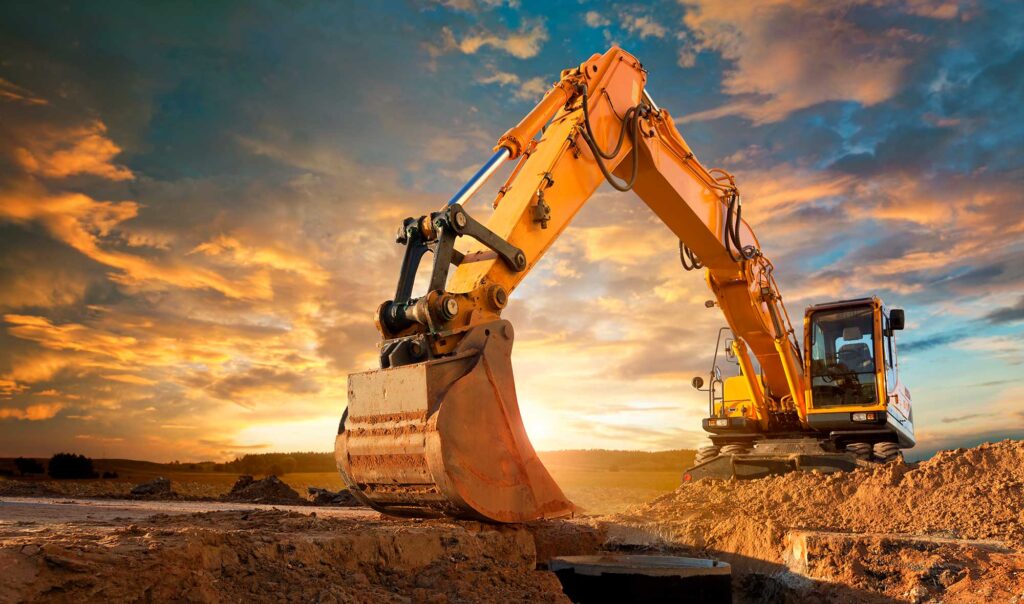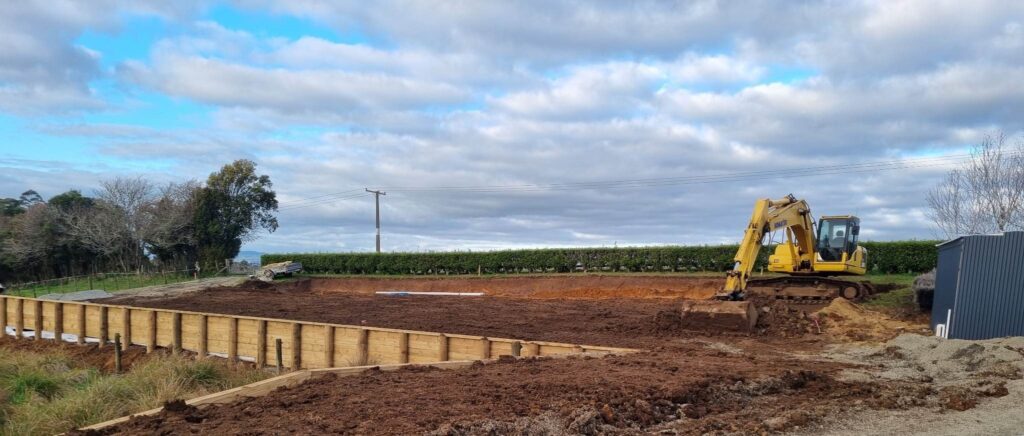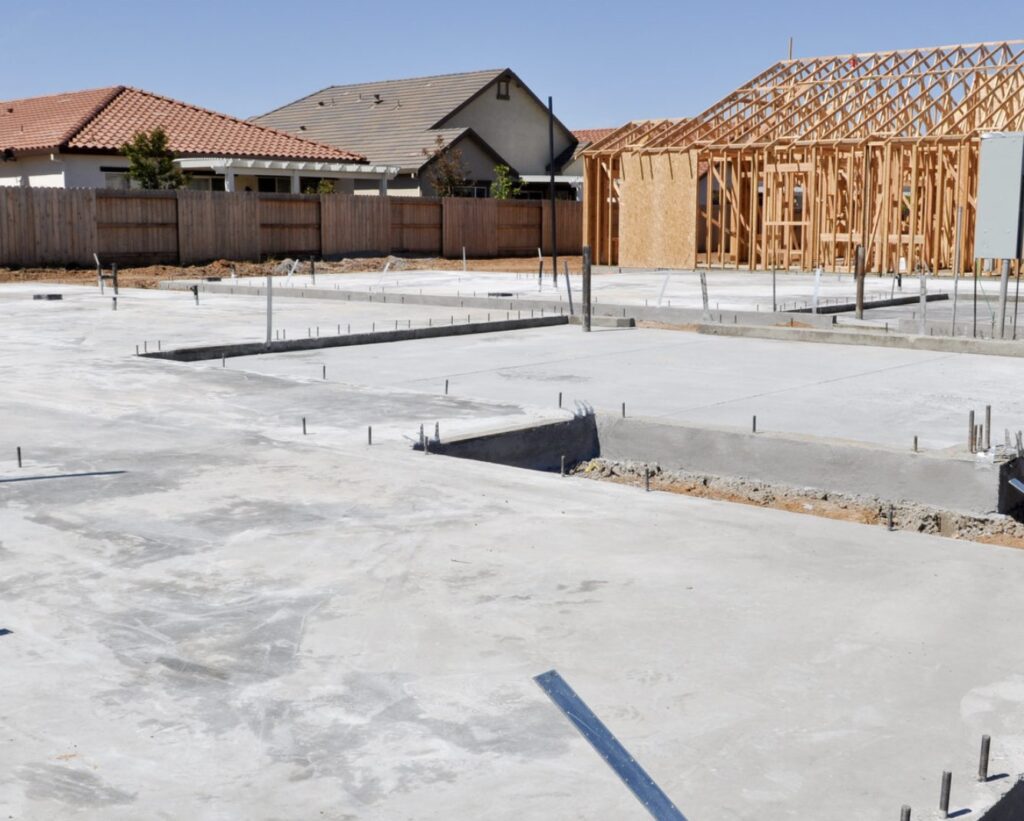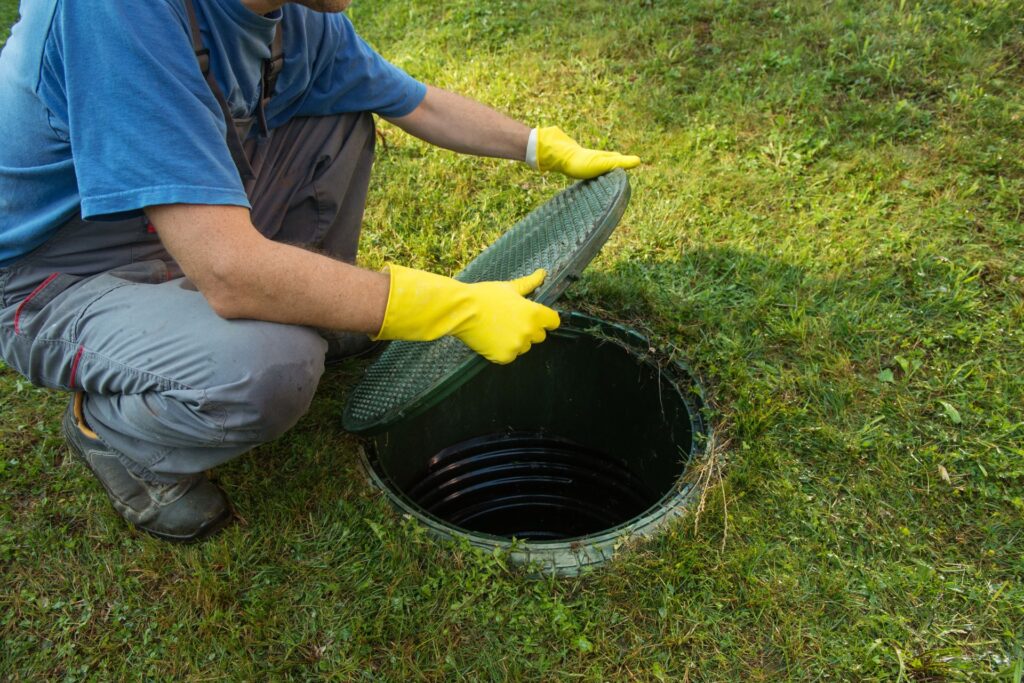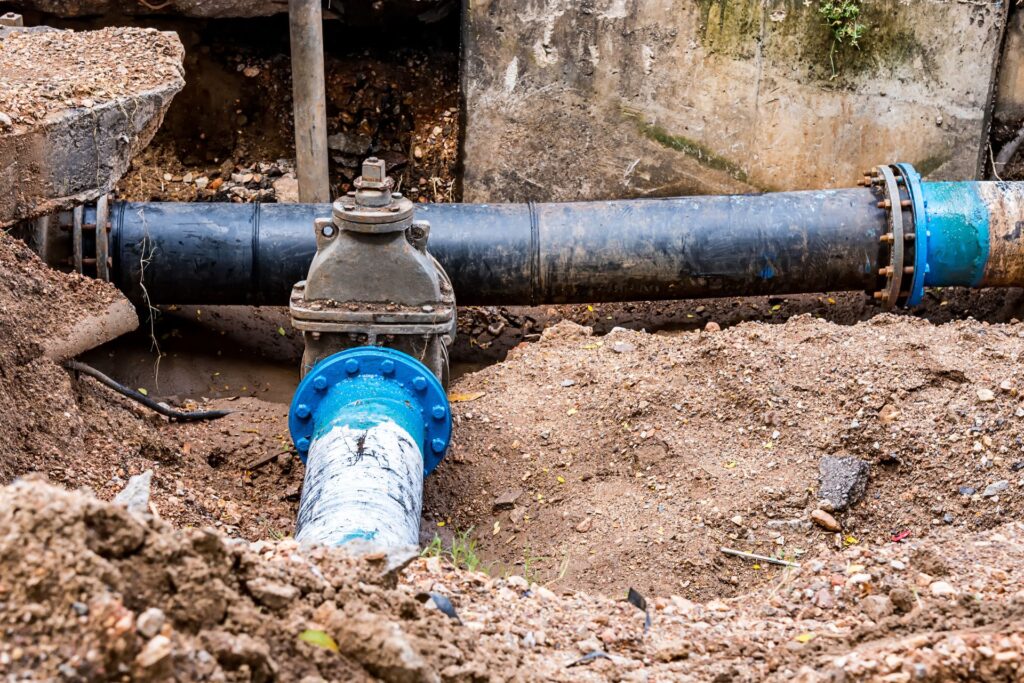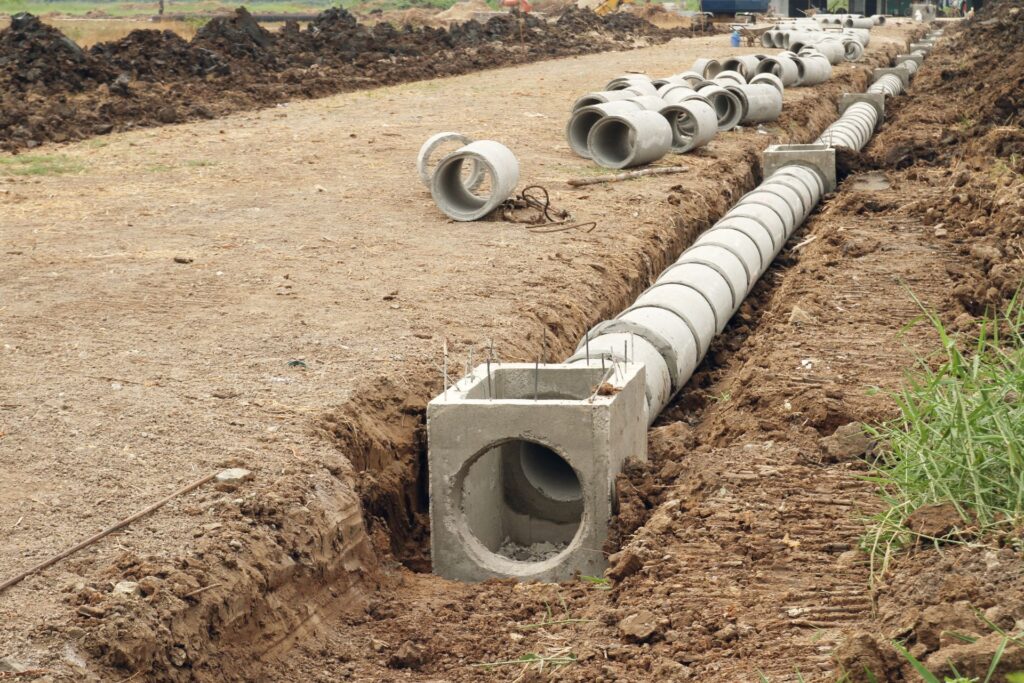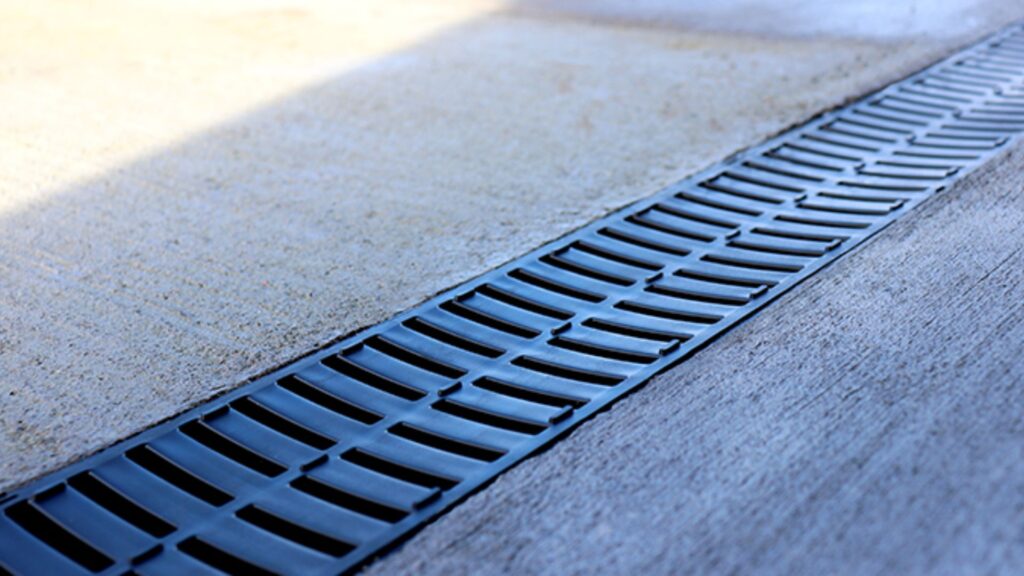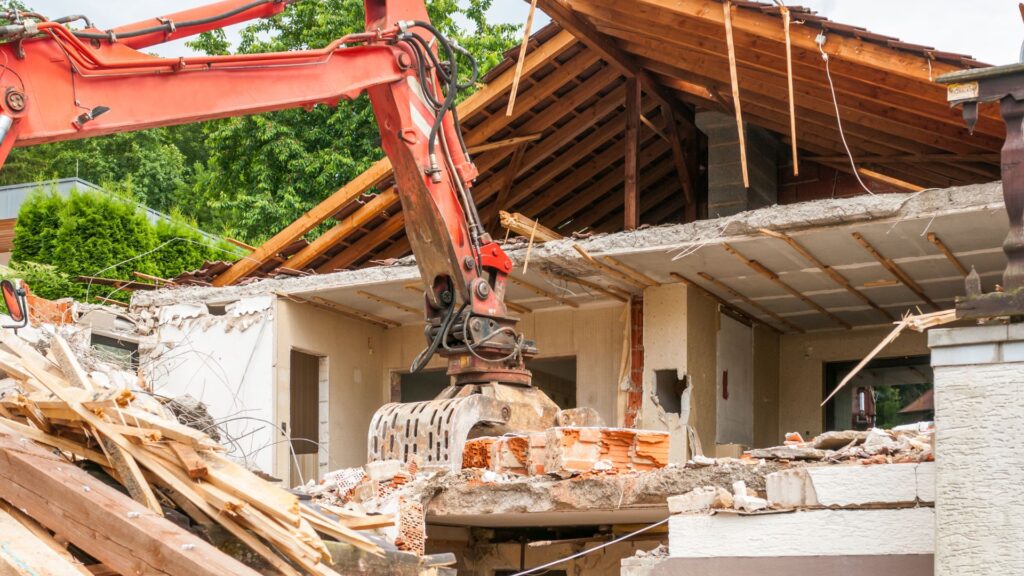How to Live on Site While Building Your House: Expert Tips and Strategies
Living on site while building your house can be a great way to save money and keep a close eye on the construction process. However, it can also be a challenging experience that requires careful planning and preparation. In this article, you will learn everything you need to know about living on site during the construction of your new home.
Understanding the concept of living on site is the first step in preparing for this unique experience. You will need to evaluate your needs and budget, choose the right accommodation, and design your temporary living space. You will also need to prepare for life on a construction site, manage your family and social life, and deal with potential challenges that may arise. By following the tips and advice in this article, you can make the most of your time on site and ensure that your new home is built to your exact specifications.
Key Takeaways
- Living on site can be a cost-effective and rewarding way to oversee the construction of your new home.
- Proper planning and preparation are essential for a successful on-site living experience.
- By following the tips and advice in this article, you can minimize the challenges and maximize the benefits of living on site during the construction process.
Table of Contents
Understanding the Concept of Living on Site
Living on site while building your house can be an exciting and rewarding experience. However, it can also be a challenging one. Here are some things to keep in mind when considering living on site during your building or renovation project.
Firstly, it’s essential to understand what living on site means. It means that you will be living in close proximity to the building site or renovation project. This could mean living in a caravan, a tent, or even a shipping container. You will have to adjust to living in a smaller space and be prepared to face challenges such as limited storage and privacy.
Living on site also means that you will be in close proximity to the construction work. This can be both an advantage and a disadvantage. It’s an advantage because you can oversee the progress of the work and make sure that everything is being done according to plan. It’s a disadvantage because it can be noisy, dusty, and disruptive to your daily routine.
Another thing to keep in mind is that living on site requires careful planning. You will need to make sure that you have all the necessary facilities and utilities, such as water, electricity, and sewage. You will also need to plan for waste disposal, food storage, and cooking facilities.
Living on site can also be a great way to save money. You can save on rent or mortgage payments and reduce your commuting costs. However, you should also be prepared to spend money on setting up your living space and ensuring that you have all the necessary facilities and utilities.
In summary, living on site can be a great way to oversee your building or renovation project and save money. However, it requires careful planning and preparation, and you should be prepared to face challenges such as limited space and disruption to your daily routine.
Evaluating Your Needs and Budget
Before you start living on site while building your house, it’s important to evaluate your needs and budget. This will help you determine what kind of living arrangement will work best for you and your family.
Assessing Your Needs
Consider the following factors when evaluating your needs:
- Work: Will you be working on the construction site full-time? If so, you’ll need a comfortable living space that allows you to rest and recharge after a long day of work.
- Family: Do you have a family? If so, you’ll need to ensure that your living space is large enough to accommodate everyone comfortably.
- Children: If you have children, you’ll need to consider their needs as well. Will they need a separate bedroom? Will you need to set up a play area for them?
- Pets: Do you have pets? If so, you’ll need to ensure that your living space is pet-friendly.
Setting Your Budget
Living on site while building your house can be expensive, so it’s important to set a budget and stick to it. Consider the following expenses when setting your budget:
- Housing: Will you be renting a trailer or RV? Or will you be building a temporary structure on site? Make sure to factor in the cost of materials and labor if you choose to build something.
- Utilities: You’ll need to pay for utilities such as water, electricity, and gas. Make sure to factor in these costs when setting your budget.
- Food: Living on site means you’ll need to provide your own food. Make sure to budget for groceries and any necessary kitchen supplies.
- Miscellaneous expenses: You’ll likely encounter unexpected expenses while living on site, such as repairs or maintenance. Make sure to set aside some extra money for these expenses.
By evaluating your needs and setting a budget, you’ll be better prepared to live on site while building your house.
Choosing the Right Accommodation
When building your house on site, you need to choose the right accommodation that fits your budget and lifestyle. Here are some options to consider:
Mobile Home or Caravan
A mobile home or caravan is a popular choice for those who want to live on site while building their house. They are affordable and provide the convenience of being close to the construction site. However, keep in mind that they may not be suitable for long-term living due to limited space and amenities.
Temporary Accommodation
Temporary accommodation, such as a tent or yurt, can be a cost-effective option. However, they may not provide the comfort and security you need during the building process.
Rental
Renting a house or apartment near the construction site can provide you with the amenities and comfort you need. However, it may not be the most cost-effective option, and you may have to deal with the hassle of moving twice.
Hotel or Extended Stay
If you need a short-term solution, a hotel or extended stay may be a good option. They provide the comfort and convenience of a hotel room, but they can be more expensive than other options.
Apartments
Apartments are a good option if you need a longer-term solution. They provide the comfort and amenities you need, and they are often located near the construction site. However, they can be more expensive than other options, and you may have to deal with the hassle of moving twice.
Overall, the accommodation you choose will depend on your budget, lifestyle, and needs. Make sure to consider all your options and choose the one that fits your situation best.
Preparing for Life on a Construction Site
Living on a construction site can be challenging, but with proper preparation, you can make the experience more comfortable. Here are some things to consider before moving onto the site:
Construction
First and foremost, you need to ensure that the construction site is safe and secure. Make sure that the builders have taken all necessary safety precautions and that the site is up to code. You should also be aware of any potential hazards, such as heavy machinery or falling debris.
Dust
Construction sites are notoriously dusty, so it’s essential to prepare for this. Consider investing in a good quality air purifier to keep the air clean and breathable. You should also cover any furniture or belongings with plastic sheeting to protect them from dust.
Builders
Get to know the builders and establish a good relationship with them. This will help you communicate any concerns or issues you may have during the construction process. It’s also a good idea to establish boundaries and set expectations for noise levels and work hours.
Secure
Make sure that your living area is secure. Install locks on all doors and windows and consider investing in a security system. You should also keep valuable items locked away and out of sight.
Storage
You’ll need to have a designated storage area for your belongings. This area should be secure and protected from the elements. Consider investing in storage containers or shelves to keep your items organized and easily accessible.
Storage Area
Finally, make sure that the storage area is located in a convenient location and easily accessible. You don’t want to have to navigate a construction site every time you need to retrieve something from storage.
By taking these steps, you can prepare for life on a construction site and make the experience more comfortable and enjoyable.
Designing Your Temporary Living Space
When building your house on site, it’s important to have a comfortable and functional temporary living space. The design of your living space should be based on your needs and preferences, and should take into consideration the available space and resources.
Consider an open plan design for your temporary living space. This will allow you to maximize the available space and create a sense of openness. You can use screens or partitions to create separate areas for sleeping, cooking, and living.
Furnish your living space with the essentials, such as a bed, table, chairs, and storage. You may also want to include additional furniture and decor to make the space feel more like home. Keep in mind that your temporary living space will need to be fully furnished, so make sure to plan accordingly.
When selecting furniture and decor, choose items that are durable and easy to move. You may need to rearrange your living space as your building project progresses, so it’s important to have furniture that is easy to move around.
In summary, designing your temporary living space requires careful consideration of your needs and preferences. An open plan design, fully furnished with durable and easy-to-move furniture, will provide you with a comfortable and functional living space while you build your dream home.
Managing Family and Social Life
Living on-site while building your house can be an exciting and rewarding experience, but it can also be challenging to balance your family and social life during the construction process.
When it comes to managing your family life, communication is key. Make sure everyone in your household understands the timeline and expectations for the building process. This will help avoid any misunderstandings or conflicts that may arise. It’s also important to establish boundaries and designate areas of the property that are off-limits during construction.
If you have children, involve them in the process as much as possible. This can be a great opportunity for them to learn about construction and take pride in the home they helped build. However, it’s important to keep their safety in mind and ensure they are supervised at all times.
Teenagers may have a harder time adjusting to the changes that come with living on-site during construction. Encourage them to stay connected with friends and activities outside of the home to maintain a sense of normalcy. It may also be helpful to establish designated areas for them to study, relax, or socialize with friends.
Maintaining your social life can also be a challenge while living on-site. Consider hosting a housewarming party once construction is complete to show off your new home and reconnect with friends and family. In the meantime, make an effort to stay in touch with loved ones through phone calls, texts, or video chats.
Overall, managing your family and social life while building your home requires clear communication, establishing boundaries, and finding ways to stay connected with loved ones. With some planning and effort, you can successfully navigate the construction process while maintaining a fulfilling family and social life.
Dealing with Potential Challenges
Living on site while building your house can be an exciting adventure, but it can also come with its share of challenges. Here are some potential challenges you may face and how to deal with them:
Cold Weather
If you are building your house during the colder months, you will need to take extra precautions to stay warm. Make sure you have proper insulation and heating systems in place. Dress in layers and keep extra blankets on hand. Also, be sure to check the weather forecast regularly and plan your work accordingly.
Rainy Weather
Rain can be a major setback when building your house. It can delay construction and cause damage to materials. Make sure to cover any exposed areas with tarps or other waterproof materials. Also, plan your work schedule around the weather forecast. If you know rain is coming, try to get as much done as possible before it hits.
Patience
Building a house takes time, and it can be easy to get frustrated or overwhelmed. Remember to take breaks and give yourself time to recharge. It’s also important to have realistic expectations and understand that setbacks and delays are a normal part of the process.
Landlord Issues
If you are living on someone else’s property, it’s important to have a good relationship with your landlord. Make sure you have a clear understanding of the rules and expectations. Keep the property clean and tidy, and be respectful of their space.
Planning Permission
Before you start building, make sure you have all the necessary planning permission and permits. This will help you avoid any legal issues down the road. Be sure to research the local regulations and requirements, and work with a qualified professional if necessary.
Remember, with the right mindset and preparation, you can overcome any challenges that come your way while living on site during the construction of your house.
Benefits of Living on Site
Living on site while building your house can offer several benefits that you may not have considered. Here are some of the advantages of living on site:
Proximity
Living on site allows you to be close to your construction site, which can be very convenient if you need to oversee the work or make any changes. You won’t have to worry about commuting to and from the site, which can save you time and money. Additionally, being close to the site can also help you build a better relationship with your contractor and other workers, which can lead to better communication and collaboration.
Saving Money
Living on site can help you save money in several ways. Firstly, you won’t have to pay rent or mortgage on a separate property while your house is being built. Secondly, you can save money on transportation costs since you won’t have to travel to and from the construction site. Lastly, you can save money on food by cooking your meals on site instead of eating out.
Advantages
Living on site can offer several other advantages. For example, you can be more involved in the construction process, which can be very rewarding. You can also monitor the progress of your house and ensure that it is being built according to your specifications. Additionally, you can make decisions quickly and easily since you are on site and can communicate with your contractor and other workers directly.
Overall, living on site while building your house can offer several benefits, including proximity, saving money, and other advantages. If you are considering building a house, living on site is definitely worth considering.
Considering Alternatives
When building your own house, it’s important to consider alternative living arrangements during the construction process. Here are a few options to consider:
Renting a Property
If you don’t want to live on-site during the construction process, renting a property is a good option. This way, you can live comfortably and not have to worry about the stress of living in a construction zone. However, keep in mind that renting can be expensive and you’ll still need to pay for the mortgage on your new home.
Selling Your Existing Property
If you own a property that you’re willing to sell, this can be a good way to finance the construction of your new home. However, keep in mind that selling your property can take time and you may not get the full value of your home.
Temporary Housing
If you’re looking for a more affordable option, temporary housing can be a good choice. This can include staying with friends or family, or renting a small apartment or hotel room. Keep in mind that this option may not be as comfortable as other options, but it can save you money.
Zeus Living
Zeus Living is a company that offers fully furnished apartments for extended stays. This can be a good option if you’re looking for a comfortable and affordable place to stay during the construction process. However, keep in mind that this option may not be available in all areas.
Rental Property
If you’re interested in generating income during the construction process, renting out your property can be a good option. However, keep in mind that this option can be time-consuming and you’ll need to manage the property while also overseeing the construction of your new home.
Overall, there are many alternatives to living on-site during the construction process. Consider your budget, comfort level, and time constraints when deciding which option is best for you.
Frequently Asked Questions
What are some affordable options for temporary housing during home renovation?
If you’re looking for affordable temporary housing options during home renovation, you might consider renting an apartment or a room in a shared house. You could also look into short-term rentals, such as Airbnb or VRBO. Another option is to stay with friends or family members who live nearby.
Is it possible to rent a temporary living space while building a house?
Yes, it is possible to rent a temporary living space while building a house. You could rent an apartment, a house, or even a trailer. Just make sure to choose a location that is close to your building site.
What are the pros and cons of living in a trailer on site while building a house?
Living in a trailer on site while building a house can be convenient and cost-effective. You’ll be close to your building site, which can save you time and money on transportation. However, living in a trailer can also be cramped and uncomfortable, and you may have to deal with noise and dust from the construction site.
What are some alternatives to on-site living during home construction?
If you don’t want to live on site during home construction, you could consider renting a nearby apartment or house. You could also stay with friends or family members who live nearby, or even rent a vacation home or Airbnb.
How can I find affordable temporary housing options near my building site?
To find affordable temporary housing options near your building site, you might try searching online for short-term rentals, such as Airbnb or VRBO. You could also check with local real estate agents or property management companies to see if they have any available rentals.
What are some tips for living on site during the construction of a new home?
Some tips for living on site during the construction of a new home include setting up a comfortable living space, being prepared for noise and dust from the construction site, and making sure to take breaks and prioritize self-care. It’s also important to communicate regularly with your builder and make sure to address any concerns or issues that arise.
About the Author:
Mike Veail is a recognized digital marketing expert with over 6 years of experience in helping tradespeople and small businesses thrive online. A former quantity surveyor, Mike combines deep industry knowledge with hands-on expertise in SEO and Google Ads. His marketing strategies are tailored to the specific needs of the trades sector, helping businesses increase visibility and generate more leads through proven, ethical methods.
Mike has successfully partnered with numerous companies, establishing a track record of delivering measurable results. His work has been featured across various platforms that showcase his expertise in lead generation and online marketing for the trades sector.
Learn more about Mike's experience and services at https://theleadguy.online or follow him on social media:


